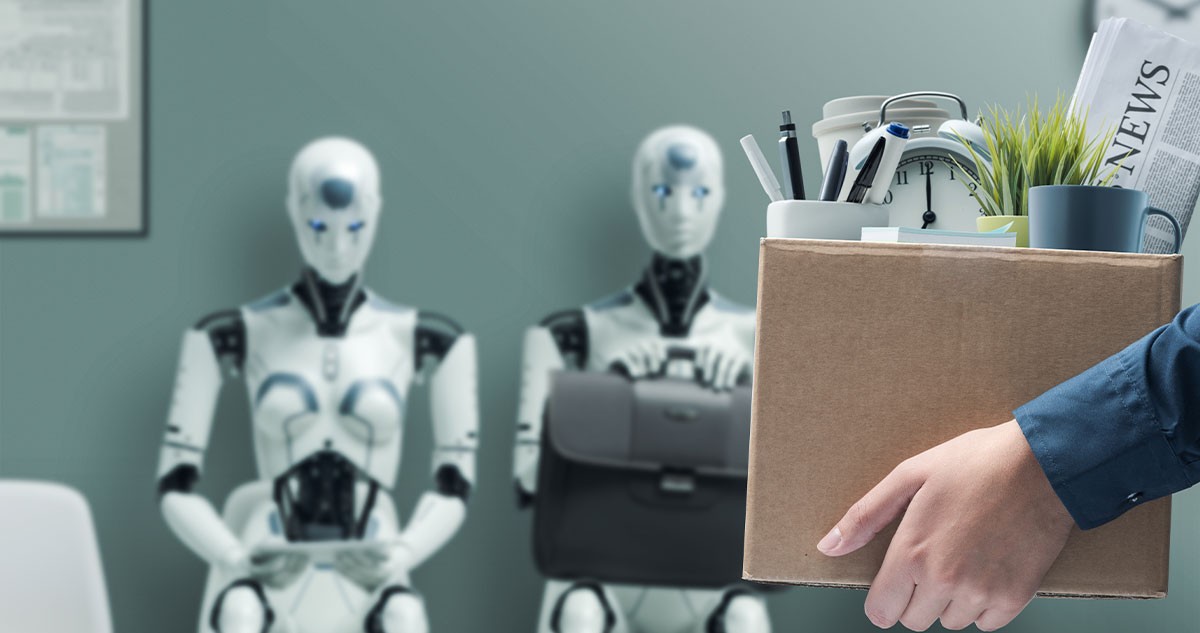
A groundbreaking report reveals that 41% of companies globally plan to reduce their workforce by 2030 as artificial intelligence (AI) and automation reshape the employment landscape. This massive shift signals both challenges and opportunities ahead for workers and businesses alike.
The Scale of Change
The projected job cuts span multiple industries, from manufacturing and finance to healthcare and retail. Companies are increasingly turning to AI solutions like chatbots, automated production lines, and intelligent data processing systems to handle tasks traditionally performed by human workers.
Most Vulnerable Jobs
Positions involving repetitive tasks face the highest risk of automation. Data entry clerks, customer service representatives, and manufacturing workers could see their roles largely taken over by AI systems. Even white-collar professions aren't immune - legal document review, financial analysis, and marketing roles may be transformed or eliminated by advancing AI capabilities.
Growth Areas Emerge
While job losses loom in some sectors, new opportunities are emerging in others. The AI revolution is creating strong demand for:
- AI developers
- Data scientists
- Machine learning specialists
- Cybersecurity experts
- AI systems managers
Corporate Response
Forward-thinking companies are already preparing for this transition by:
- Implementing worker retraining programs
- Creating AI-human collaboration models
- Developing transition plans for affected employees
- Investing in workforce upskilling initiatives
Government Action Needed
The scale of workforce transformation requires coordinated policy responses. Key focus areas include:
- Education system reforms
- Enhanced social support programs
- Job creation initiatives
- Skills development funding
- Worker protection measures
Looking Ahead
While the 41% workforce reduction projection sounds alarming, experts emphasize that proactive planning can help smooth the transition. Success will require cooperation between businesses, governments, and educational institutions to prepare workers for an AI-powered economy.
The next seven years will be critical in determining how smoothly societies adapt to these sweeping changes. With proper preparation and support systems in place, the AI revolution could ultimately create a more dynamic and productive economy - but the human cost must be carefully managed through this unprecedented transition.